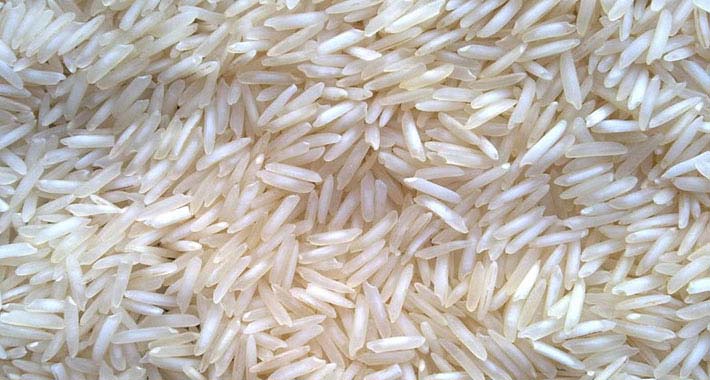Restive Red Sea may make Indian basmati exports costlier, govt hopeful of sustaining demand
By Abhimanyu Sharma
The current spate of attacks on ships by Yemen’s Houthi rebels in the Red Sea may impact India’s export basket if the restive situation persists.
Government sources have indicated that basmati rice exports from India to Western countries may be adversely impacted if the conflict in the Red Sea doesn’t subside soon.
Sources explained that the conflict may prompt India to take a longer shipping route around Africa to export basmati rice, which can potentially raise costs by 15% to 20%.
However, the government is hopeful that the raised prices of basmati rice won’t impact its overall demand.
Basmati rice exports from India have grown by 20% year-on-year in the period between April 1 to December 8, 2023.
While India expects trade restrictions on essential commodities like wheat, rice, and sugar to cause a drop worth $4 to $5 billion in India’s exports in the current financial year, it’s looking to increase its global market share in the export of fresh fruits, where Latin American countries currently boast of a sizeable market share.
An overall export growth of 4.23% has been noted in the non-controlled agriculture sector.
India has developed a sea export protocol for the harvest and storage of fresh fruits to increase its absolute volume of exports.
Exports of fruits and vegetables between April and November 2023 have grown 15.10% year-on-year, even as the government is aiming to increase the export of bananas from $174 million last year to over $1 billion per year in the next few years.
As India targets the United States as a market for its banana exports, it is also looking to export pomegranates and mangoes via the new sea export protocol to avoid spoilage.
This article has been republished from CNBC TV 18.

